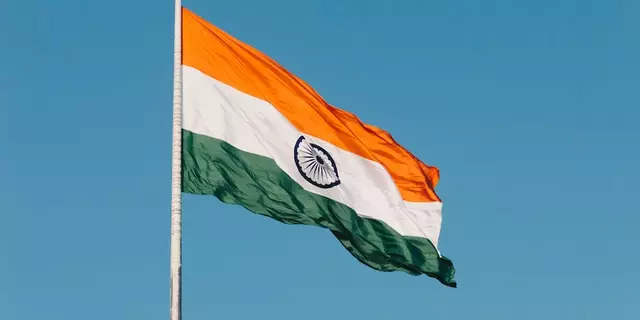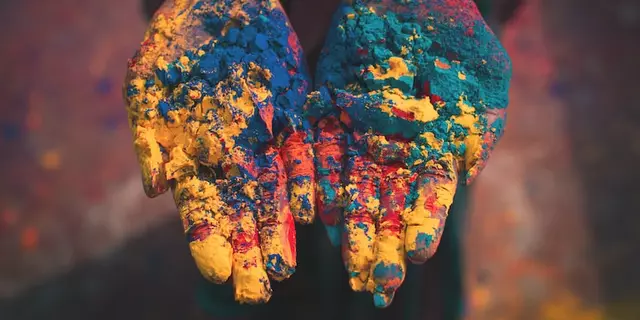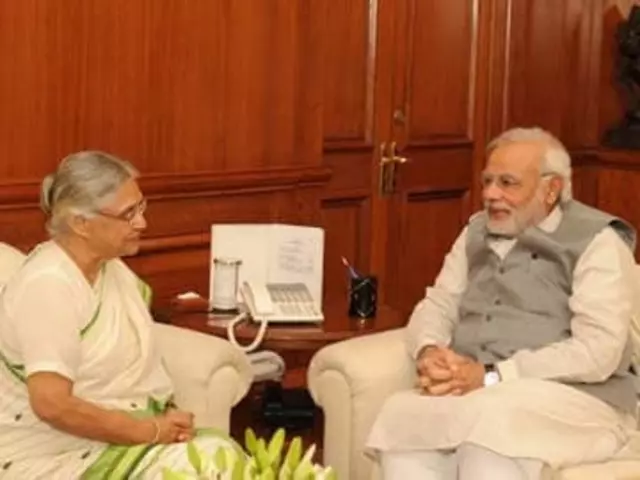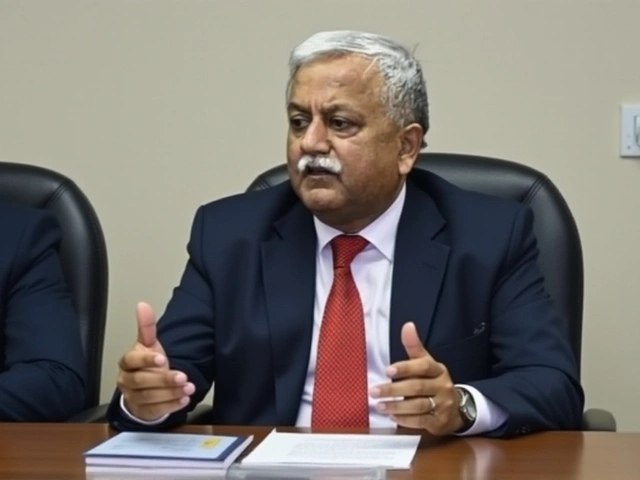Pro Kabaddi League – Your Quick Guide to India’s Premier Kabaddi Competition
When talking about Pro Kabaddi League, India's premier professional kabaddi tournament that brings together city‑based franchise teams for high‑energy, contact‑rich matches. Also known as PKL, it has turned a traditional rural sport into a televised spectacle that draws millions of fans each season. The league’s success hinges on three core pillars: Kabaddi, the ancient game of tag‑and‑tackle played on a rectangular court, the Franchise teams, city‑anchored squads that recruit top talent via auctions and drafts, and the Season format, a double‑round robin followed by playoffs that keeps the competition tight and engaging. Together they create a sports ecosystem that not only entertains but also fuels grassroots kabaddi development across the country.
Why the Pro Kabaddi League matters for Indian sports
First, the league has revived interest in a game that was once limited to villages and schools. By broadcasting matches on prime‑time TV and streaming platforms, PKL reaches urban audiences who might never have seen a live kabaddi bout. Second, the franchise model introduces professional standards—player salaries, coaching staff, medical teams, and merchandising—that raise the sport’s commercial viability. Third, the league’s auction system creates a marketplace for talent, encouraging young athletes to train seriously, knowing a lucrative career path exists. In short, Pro Kabaddi League acts as a catalyst that links traditional sport, modern business, and fan culture.
Another key element is the league’s impact on regional identity. Each franchise represents a city—like Patna Pirates, Jaipur Pink Panthers, or Bengal Warriors—so local fans rally behind their home team, much like in cricket’s IPL. This city‑based loyalty drives ticket sales, local sponsorships, and community outreach programs that teach kabaddi in schools. Moreover, the league’s format, which features 20‑second raids, rapid point scoring, and on‑court tactics, appeals to viewers who crave fast‑paced action. The result is a growing fan base that spans age groups, from youngsters who idolize raiders to older viewers who appreciate the sport’s cultural roots.
From a performance standpoint, the league has raised the bar for player skill. International recruits from Iran, South Korea, and Kenya now share the mat with Indian stars, pushing domestic talent to adapt to varied playing styles. Coaching innovations—such as video analysis, fitness regimens, and strategic timeout usage—have become standard across franchises. These advancements trickle down to state‑level tournaments, improving overall competition quality in India.
Looking ahead, the Pro Kabaddi League is set to expand its reach. Plans for new franchise locations, enhanced digital engagement, and collaborations with schools aim to create a pipeline that sustains talent for years to come. Whether you’re a casual viewer curious about the hype or a budding player seeking inspiration, the collection below offers articles that break down season highlights, team strategies, player profiles, and the business side of PKL. Dive in to see how this once‑regional sport has become a national phenomenon and what it means for the future of Indian athletics.
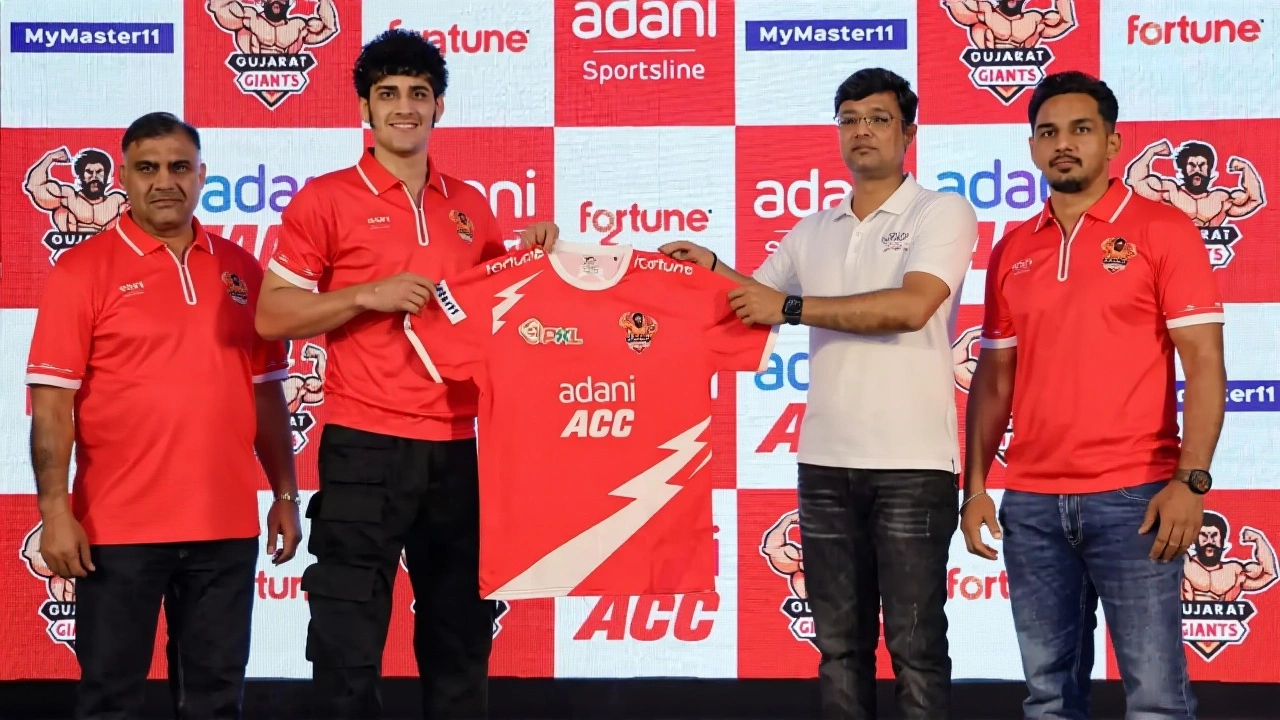
Gujarat Giants Oust Captain Shadloui, Name Rakesh Ahead of Jaipur Game
Gujarat Giants dropped Iranian captain Mohammadreza Shadloui and named Rakesh as the new leader ahead of a Jaipur match, hoping to reverse a 1‑6 start in PKL 12.
Sports